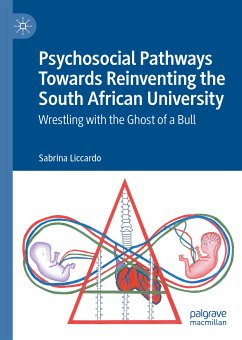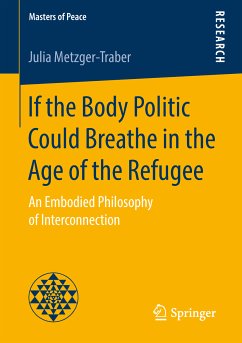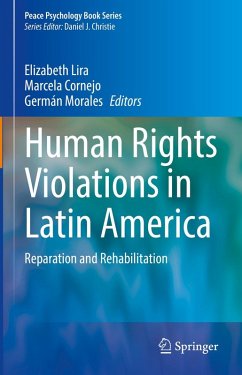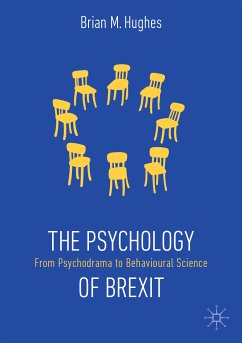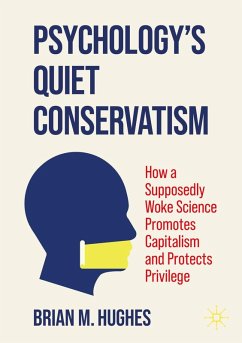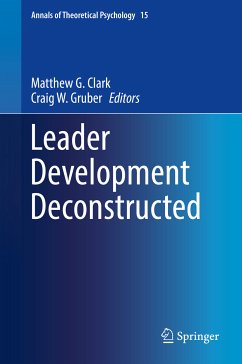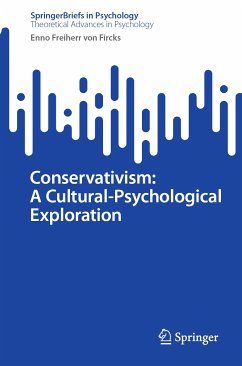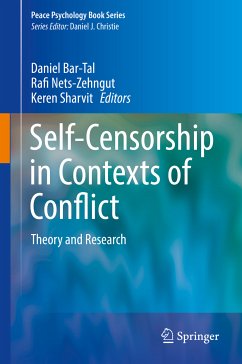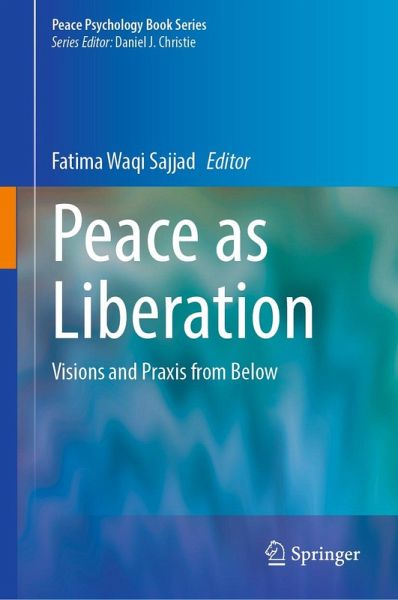
Peace as Liberation (eBook, PDF)
Visions and Praxis from Below
Redaktion: Sajjad, Fatima Waqi
Versandkostenfrei!
Sofort per Download lieferbar
112,95 €
inkl. MwSt.
Weitere Ausgaben:

PAYBACK Punkte
56 °P sammeln!
¿This edited volume highlights a type of violence largely overlooked by peace psychologists; it explores 'epistemic violence' which refers to the silencing of the marginalized, racialized and colonized people in the process of knowledge production. This book celebrates the voices and the agency of the subalterns, honoring their visions, testimonies and struggles to push boundaries and create spaces for peace within oppressive environments. "Visions and Praxis from below" refers to peace visions and struggles of the people who live "below the vital ability of shaping the world according to the...
¿This edited volume highlights a type of violence largely overlooked by peace psychologists; it explores 'epistemic violence' which refers to the silencing of the marginalized, racialized and colonized people in the process of knowledge production. This book celebrates the voices and the agency of the subalterns, honoring their visions, testimonies and struggles to push boundaries and create spaces for peace within oppressive environments. "Visions and Praxis from below" refers to peace visions and struggles of the people who live "below the vital ability of shaping the world according to their own vision". It is a challenge to the hegemonic perspective that 'credible' thinking on peace can only be done by the people 'from above'. This perspective will add to the understanding of not only peace psychologists, but all those who work toward social justice.
Dieser Download kann aus rechtlichen Gründen nur mit Rechnungsadresse in A, B, BG, CY, CZ, D, DK, EW, E, FIN, F, GR, HR, H, IRL, I, LT, L, LR, M, NL, PL, P, R, S, SLO, SK ausgeliefert werden.




